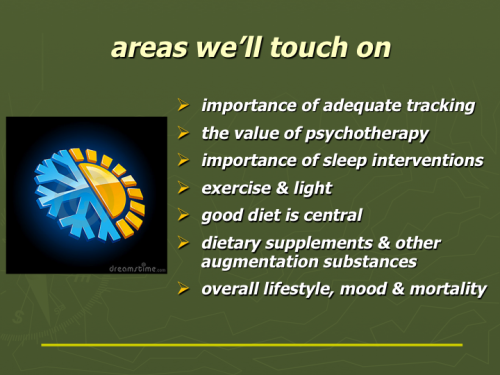CBT World Congress: 3rd conference day - working alliance, cbt v's ipt, iapt, positive psychology & imagery
Last updated on 20th July 2019
This is the third & last day of the conference proper ...
More to follow

This is the third & last day of the conference proper ...
More to follow
“ Wherever there is a ruin, there is hope for treasure ” - Rumi
"The secret of patient care is caring for the patient." William Osler
This is the third in a sequence of blog posts - "Therapist drift: black heresy or red herring - maybe not so important?", "Psychotherapy is helpful but has developed shockingly poorly over the last 30 years" and now this one "Some counsellors & psychotherapists are more effective than others." As you can see from the slide below, identification and study of highly successful therapists' methods and characteristics is an obvious area to explore much more fully, as it is almost certain to give leads on how we might make general improvements in psychotherapy's helpfulness.
I am due to give a talk for the Lothian branch of "Bipolar Scotland" on "Recent research on non-drug treatments for bipolar disorder". Here is the downloadable Powerpoint presentation (with pictures removed to reduce the size of the file) and here is a slide illustrating the main points that I touch on:

I wrote a post a few days ago entitled "Resource activation: using clients' own strengths in psychotherapy and counseling - background (1st post)" giving some of the research basis for suggesting this territory is very relevant for therapists who are pushing to help their clients more effectively. In order to follow up these ideas further I bought the short 'how to do it' 70 or so page book by Fluckiger, Wusten, Zinbarg & Wampold.
A bit over two years ago I wrote a sequence of three blog posts starting with "New research suggests CBT depression treatment is more effective if we focus on strengths rather than weaknesses". This was triggered by the fascinating paper by Cheavens & colleagues "The compensation and capitalization models: A test of two approaches to individualizing the treatment of depression" - with its abstract reporting "Despite long-standing calls for the individualization of treatments for depression, modest progress has been made in this effort.
“ Our truest life is when we are in dreams awake. ” - Henry Thoreau
Here are a series of forms that I use almost every session with clients, or for screening and orientation at the start of therapy:
I wrote a blog post yesterday entitled "Therapeutic alliance ruptures: common, very challenging & a key area for increasing therapist (and personal) helpfulness". I think this area is so important that I'd like to spend additional time exploring it more thoroughly.
We had another of our small peer Emotion-Focused Therapy supervision/practice groups yesterday evening. Half a dozen of us were able to make it. We'd agreed we would look particularly at "therapeutic alliance ruptures" at this meeting. As a doctor, I can't help finding the term "alliance rupture" rather giggle-inducing. I have all kinds of pictures of unwanted extrusions, metaphorical trusses and possibly extreme interpersonal surgical cures.
Yesterday was my second full day here in Amsterdam at the "Achieving Clinical Excellence" conference put on by the International Center for Clinical Excellence. The first full day had been a workshop with Scott Miller on "Feedback informed treatment: pushing your clinical effectiveness to the next level". This second day was the start of the conference proper and was entitled "Excellence: what do we know and what can we learn?". I walked in from my hotel thinking that I'd be hard pushed to come up with a day of lectures that would interest me more than this exploration of what makes for clinical excellence.